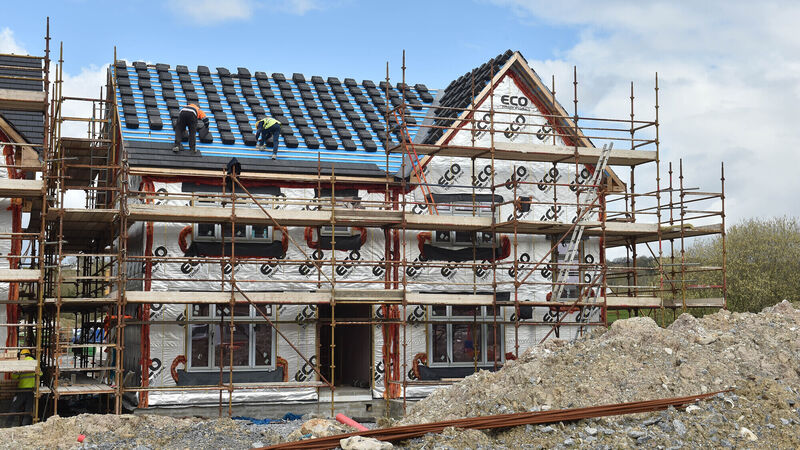Michael Clifford: Government limping on as if housing is not an emergency

Very little appears to have changed in the last 18 months regarding the response to the housing emergency. Picture: Dan Linehan
When is an emergency not an emergency? The most pressing, current emergency, the pandemic, is set to continue well into the autumn
(Yes, we do have more than one emergency, but we will come to that).















